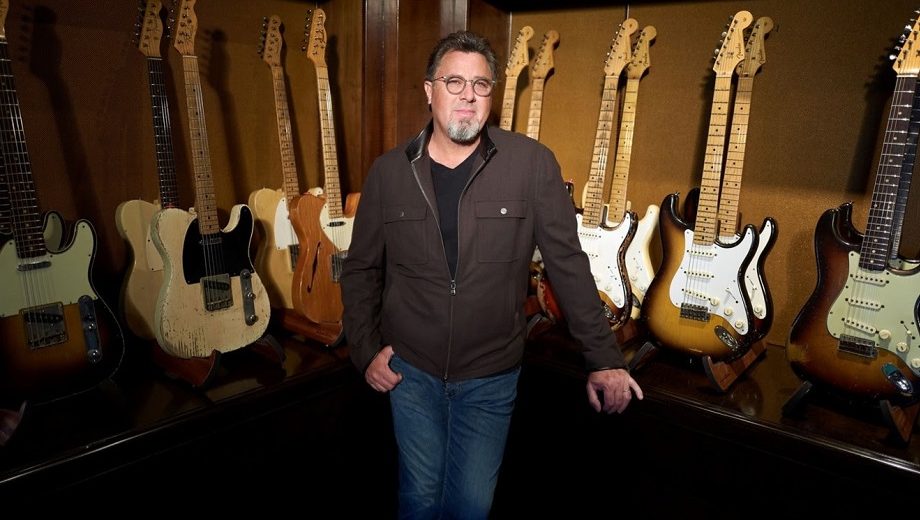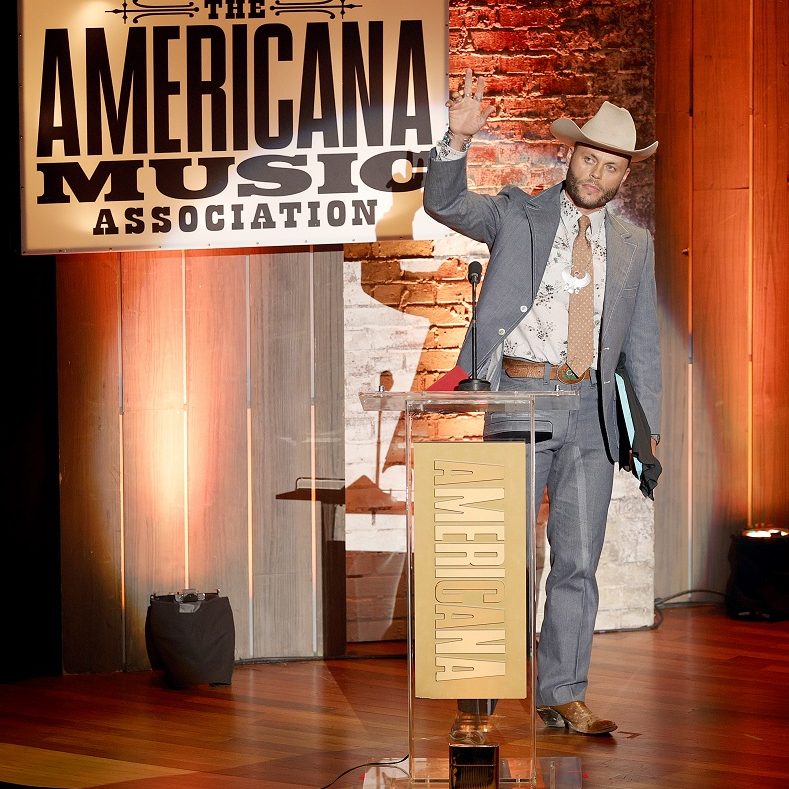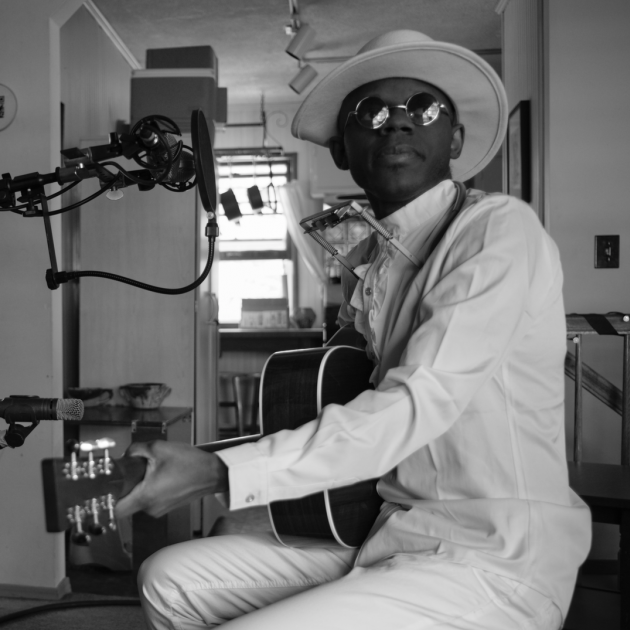Lizz Wright admittedly wasn’t thrilled when her label approached her about doing a covers album to follow her gospel standards release in 2015, Fellowship & Surrender, but she charged herself with a task: Find a message and use other people’s voices to help convey it. To that end, she turned to a musical past ripe with the bold, brazen truth-tellers who stood against their respective times and shared a greater meaning. The resulting tracklist for her new album, Grace, reads like a who’s who index: There’s Ray Charles, Allen Toussaint, k.d. lang, Sister Rosetta Tharpe, and, of course, Nina Simone. That last voice, in particular, presented Wright with a charged political call, though Grace isn’t overtly political in the traditional sense. The politics she presents — if indeed they can be called that — are the notion that grace offers a way forward amidst troubled times.
The idea for Grace coalesced before she discovered what would become the album’s title track — a cover of Canadian singer Rose Cousins‘ song “Grace” (off her 2017 album, Natural Conclusion). A songwriter at heart, Wright intended to pen her own take on grace, but producer Joe Henry (who also produced Natural Conclusion) played her Cousins’ song, and the resulting thunderclap was too powerful to ignore. Where Cousins’ reckoning with grace takes place internally, Wright sings as if she’s doing battle on behalf of a community largely craving but failing to find that very gift. Grace, as Cousins suggests in her writing and Wright executes in her performance, isn’t something merited or earned. It’s the simple — at times astounding — act of acceptance. In Wright’s hands, that last, loaded word is a revolutionary act, and a potent message for the present.
You drew inspiration from the 2015 documentary What Happened, Miss Simone? and, of course, her repertoire encompassed politically charged songs. How does Grace stand as a revolutionary statement?
Every time I make a record, I check in to Nina’s catalogue, and I also check in to Roberta Flack’s catalogue. But the beautiful thing that happened this time around is, it’s also Ella Fitzgerald’s centennial year, so it was all this saturation coming from different ends. I kept thinking about these women, and how they all lived through times where they had to step into their full humanity and express their genius, express their opinion, onstage. I thought about the grace of who they are — especially Nina Simone, in this case — because I think all these women who inspire what I do have exemplified grace as embodying the possibility that’s not realized around them. It takes a lot of strength to become something that your environment might not embrace or support. In my own way, I’m returning to their wisdom and to that gentle, very deep strength of singing from a place of belonging and understanding.
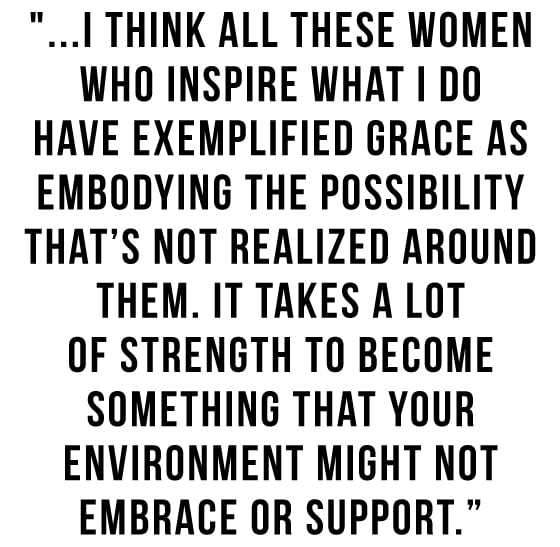
There’s a lot of music coming out nowadays that attempts to make a political statement responding to the times, but “Grace” feels like a loaded idea in its own right, because it’s an adherence to love.
I really believe it’s love that changes us. I really love the earth a lot. I really love growing food — I come from a line of really serious gardeners and, even in times of slavery and sharecroppers, we were providers. I’m so proud of that. I’m also really moved by the kind of communication the earth helps us to have; there is a mirror activity or natural phenomenon that reflects everything that we are trying to figure out as human beings. Seriously, everything nature is trying to sort out, we’re walking on it, we’re breathing it, we’re drinking it, we’re relying on it for life. That’s where the wisdom is. I also got to work with my brother Joe Henry, who I really love. We’ve been friends for over 13 years.
He’s so great at building in space to any album he works on. I love how he was able to let both your voice and the arrangements breathe. It makes sense that he’s worked with Rose Cousins, because I know he’s done similar techniques with her.
Joe is so relaxed. This was definitely the most relaxed session I’ve had — from pre-production to recording. I really enjoyed it.
Also, I forgot to say a minute ago, I’m really inspired by my neighbors. When I got my property in North Carolina, I was the only Black person for miles, renting or anything. It was kind of a bold move, but I really love the area so much, and it spoke to me. I told the family who owned the property that I have an interest in this area because I’m a minister’s daughter and I’m a recording artist, and I just want a place to pray and be quiet. I just want a place in nature to do that — I’ve always wanted it. Between the way I got this property, and the way my neighbors teach me how to take care of things, and the fact that almost everyone on my little road has a childhood story in my house makes it clear that I wake up every day in sight of what’s possible. I can’t be the one who gives up on other people. I can’t do it. I don’t have the right to. It was nice to capture the sweetness of that, and the faith of my actual life in this record.
You’re from Georgia, and now you reside in North Carolina: How has your connection to these places been a source of sustenance to navigate these times?
I was in Dresden, Germany, when the election results came in.
I heard you were overseas! That’s wild.
It really was. That was a sleepless night.
Oh, I bet.
But the direction of the person I choose for leadership doesn’t make my life. What makes my life is the tide of society — what the people are really doing, what the people are really feeling. I’m like, “I’ve gotta go home right now, while I’m most uncomfortable, and touch down. I’ve gotta see people. I’ve gotta listen to them and let my own ears and heart and body receive what’s actually happening,” because it seemed like, all of a sudden and even now, there’s been this projection of the South that has scared its children. To be able to make this record with North Carolina-born Joe Henry is a really sweet way to extend the real present. I wanted to make sure that spirit was captured in this project. I was really blown away by how hard a few people are working to make it look like a different time than it is.
Isn’t it? They’re putting so much energy into it.
It breaks my heart, because the candle of life is something that’s vulnerable, and it took so many miracles to stand in this realm together. And we’re so blessed with so much liberty and opportunity and everything. Even the limitations bring strength. I’ll say this: I had a really interesting conversation with a cab driver in London. I don’t know why this man opened up to me, but he said to me, “I don’t want you to think I’m a bad person, but I understand how Brexit happened. I understand how your president happened. There are a lot of old folks looking around at where we grew up, and we don’t recognize the people there. They don’t seem to recognize us, and the actual culture and the story of who we are and where we came from, and we don’t know what else to do but resist.” I thanked him when I got out, because he gave me a real warm hope about the other side of what I’d been seeing and experiencing. It’s about a terrible exercise in negotiating power and influence between generations, not just cultures. People aren’t asking questions of one another: “What does it feel like to be you?”
Right, listening is a critical skill we’ve really lost touch with.
One day, I was working with one of my neighbors; he brought me a bunch of tools and came over. We’d been working for almost four hours when it started to rain, and he’s carrying bushels of trimmings and stuff in his arms. He barely speaks — he’s extremely shy — but he said to me, “We have our family get together the last week of this month every year, and we’d love it if you came.”
Oh, wow!
I was like, “What?” It’s so crazy. My horrible little childish mind with no experience of that kind of openness totally went to “Your boat is lost at sea, and you’re stranded on an island, and you’re on a pig-roaster by nighttime,” you know? [Laughs] I showed up to their gathering, and it totally changed my life. Yes, it was a little bit awkward, and yes, I was surrounded by Trump supporters, and yes, I was welcomed, and yes, I cried and I played and I ate, and I went home in a state of wonder that informed everything I’m trying to do on a larger scale.
Bless you for hanging out with Trump supporters for a whole evening.
In an hour, they meant so much to me. They are so much like my family that I felt ridiculous for ever thinking anything else.
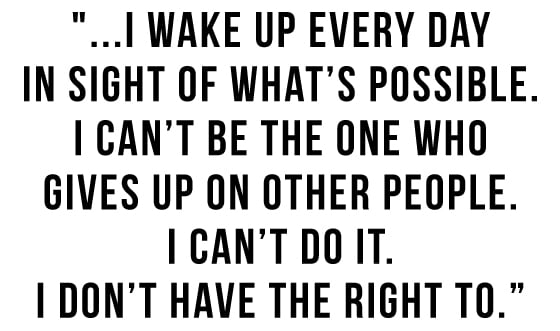
There’s clearly nuance involved — or should be — with how we consider opposing political parties. But I have to ask, how did you decide what voices to cover in this? You’re pulling from Allen Toussaint and Nina Simone and all these people who have shared such powerful lessons in the past?
I was turned off when the label was like, “We want you to do covers.” There’s no writer who ever wants to hear that. But going into the project and thinking about how to thoughtfully use other people’s music to make a statement, and doing that with another writer? That got interesting.
This maybe isn’t a fair question to end on, but why no “Amazing Grace” on an album titled Grace?
You know what? I’ve already recorded “Amazing Grace.” It’s such a huge, pivotal song in my life and in my history as a singer that … I don’t know. The working title for this record before I knew anything about Rose Cousins was “Grace.” Just to get us somewhere. And then that was the first thing I heard during pre-production and I lost it, because I thought, “Oh my God, someone has taken the time and done the work to find a new way to speak this.” I love that she didn’t have to repeat it. It’s so beautiful. I thought I was going to write a song called “Grace.”
Which isn’t to say that you couldn’t.
No! When it’s done, it’s done. The thing about being a writer is to recognize when the word has happened, and to give voice to it. She did this beautiful thing, and I was very excited that we still have people who take time and think and process life on a level where they can write something like that. I was just like, “Oh, I gotta serve this.” It was a great.
Well, it’s a beautiful rendition and, if we ever get a duet out of both of you one day …
Oh my gosh, I’d be so undone. We’ve been sending these goofy emails of mutual admiration, but I really appreciate her for writing that piece, and I wish her all the best. I’m excited to meet her at some point on this tour.
Photo credit: Jesse Kitt

